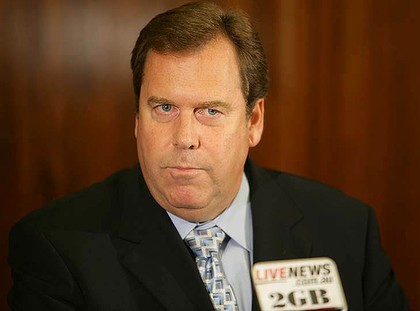Australian AG reacts politically says former diplomat and Rajapakse gets to hide behind immunity
MELBOURNE, Oct. 25 (UPI) — Australian Attorney General Robert McClelland has ruled out a war crimes case against Sri Lankan President Mahinda Rajapakse, saying he has diplomatic immunity.
Sri Lankan-born Australian Jegan Waran filed charges against Rajapakse, who is in Perth for the Commonwealth Heads of Government Meeting,
the Australian Broadcasting Corp. reported Tuesday. Waran, who now lives in Sydney, says while working as a volunteer in Tamil-held areas in 2007, he saw Sri Lanka military deliberately attack civilians and hospitals.
“I saw Sri Lankan planes directing bombs into towns and open areas where displaced people were congregated, including areas declared as no-fire zones. I saw many hundreds of civilians killed and injured by these attacks,” he told The (Melbourne) Age.
Former Australian diplomat Bruce Haigh said McClelland’s decision not to pursue the case is based purely on politics, the ABC reported.
“He doesn’t want to do anything that would upset the apple cart as far as CHOGM’s concerned,” he said.
“But in terms of international law and in terms of Australian law, no, he would not be in breach. He hasn’t looked at the law but he’s reacted politically to the situation because it’s CHOGM.”


October 30, 2011 at 5:53 am
A-G Robert McClelland can use Universal Jurisdiciton to charge President Rajapkse on War Crimes.Universal jurisdiction or universality principle is a principle in public international law (as opposed to private international law) whereby states claim criminal jurisdiction over persons whose alleged crimes were committed outside the boundaries of the prosecuting state, regardless of nationality, country of residence, or any other relation with the prosecuting country.
The High Court of Australia confirmed the authority of the Australian Parliament, under the Australian Constitution, to exercise universal jurisdiction over War Crimes in the Polyukhovich v Commonwealth case of 1991.